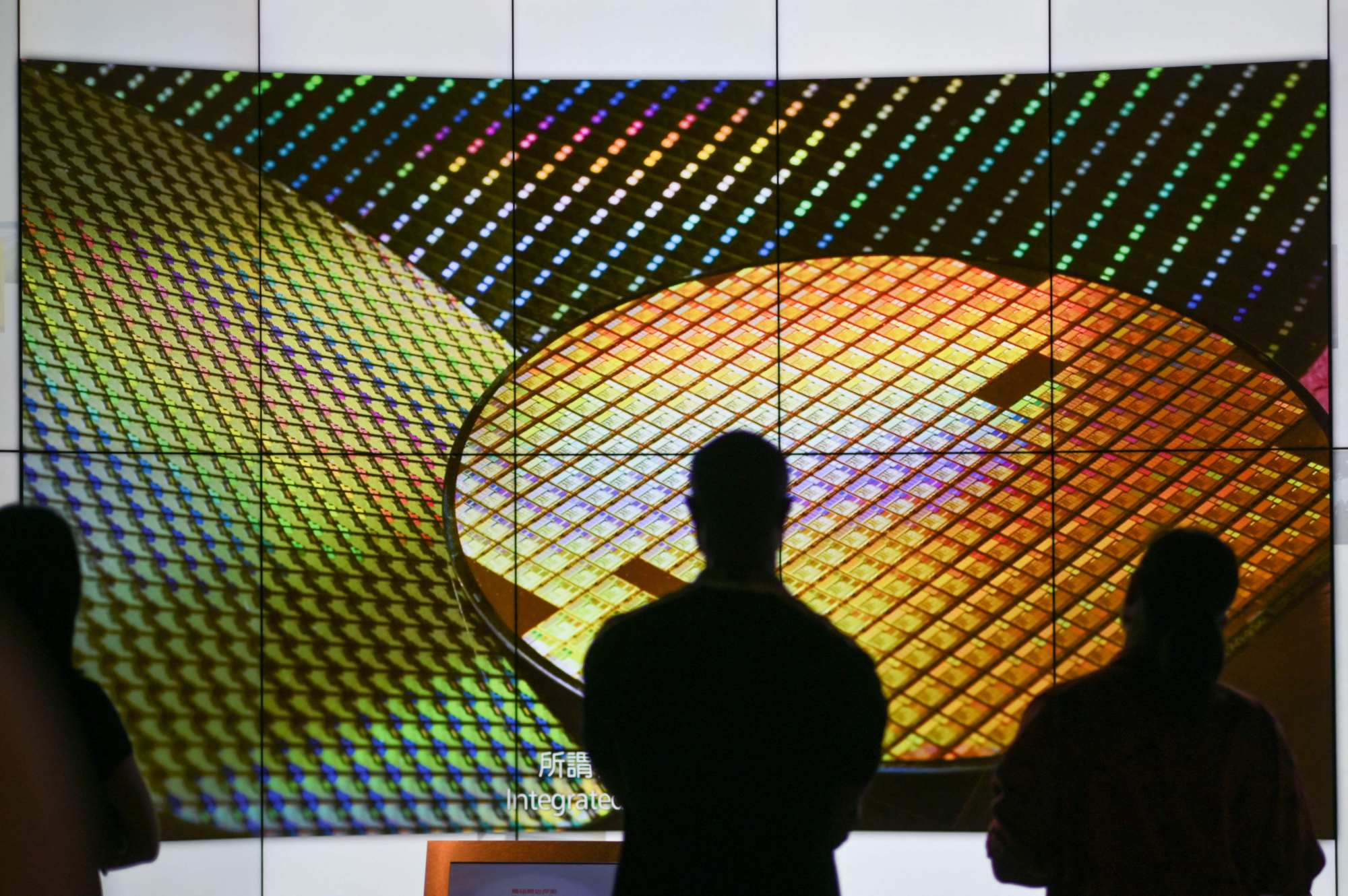
China downplays reports of Taiwanese firms helping Huawei’s chip project, saying they are ‘not part of semiconductor supply chain’
- The State Council’s Taiwan Affairs Office said the firms mentioned in media reports did not produce products related to semiconductors
- Last week, Taiwan’s government opened an investigation into four companies for allegedly conducting business with Huawei
China’s Taiwan affairs office has accused Taipei of “obstructing” cross-strait economic cooperation after the ruling Democratic Progressive Party (DPP) said it would investigate four Taiwanese firms that were reportedly helping mainland Chinese telecommunications giant Huawei Technologies in chip production.
Chen Binhua, a spokesman for the State Council’s Taiwan Affairs Office, told a media briefing on Wednesday that the firms mentioned in media reports were “not part of the semiconductor supply chain” and did not produce chip-related materials, equipment and products.
“The [DPP] authorities took the opportunity to follow the trend and hype, trying to obstruct normal cooperation between cross-strait enterprises and create obstacles to cross-strait economic and trade exchanges,” Chen said.
After Huawei chip, the next Chinese semiconductor breakthrough will be harder
Last week, Taiwan’s Minister of Economic Affairs Wang Mei-hua said her agency would launch a probe into the relationship, but noted that the firms were not directly engaged in semiconductor production. Rather, they provided peripheral services required for chip manufacturing, such as waste water treatment.
Taipei is now considering imposing tighter rules on the export of key technologies from the island.

“Geopolitical shifts are fundamentally changing the semiconductor game,” Helen Chiang, IDC’s Asia-Pacific semiconductor research lead and Taiwan country manager, wrote in a recent report.

